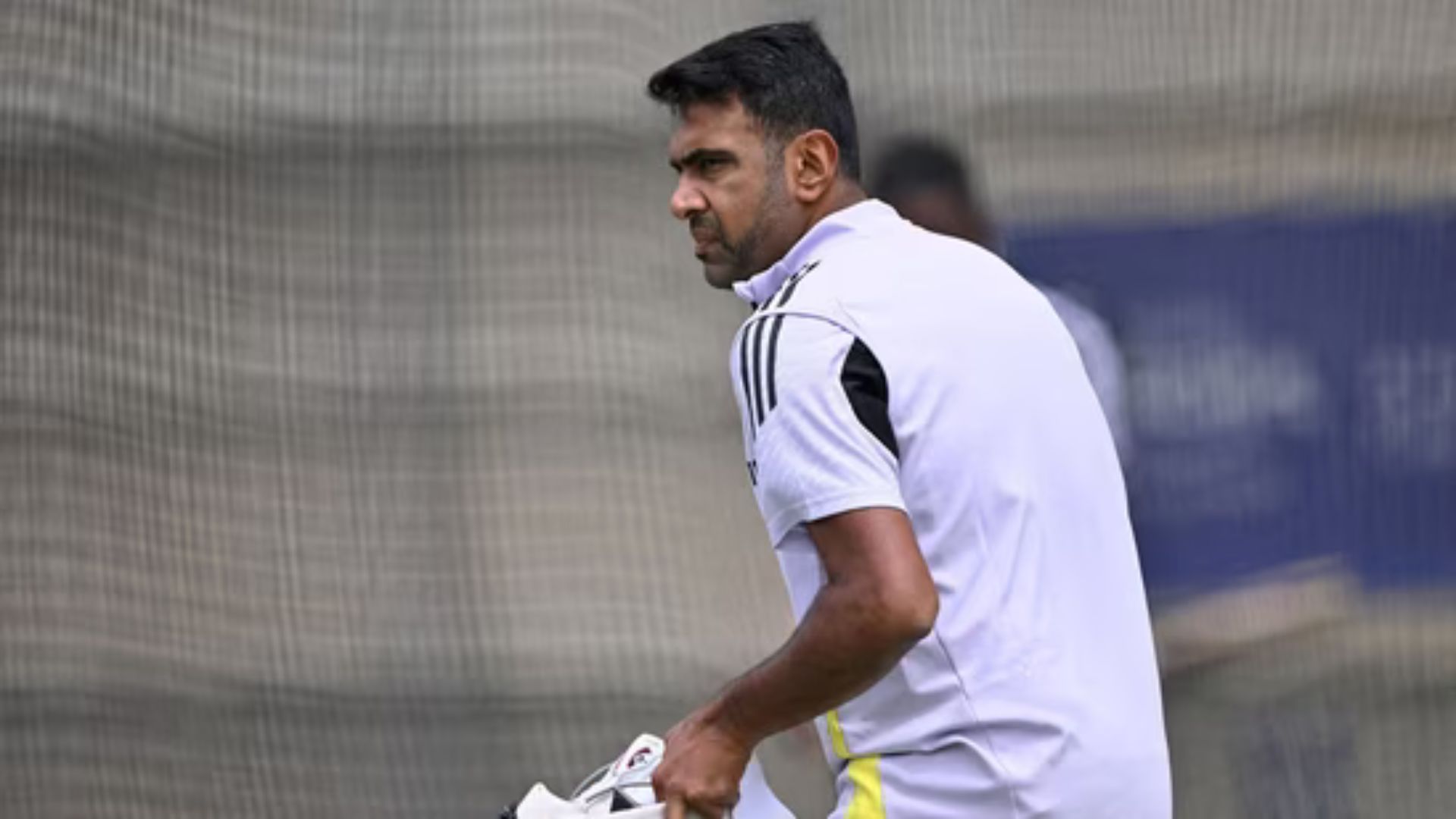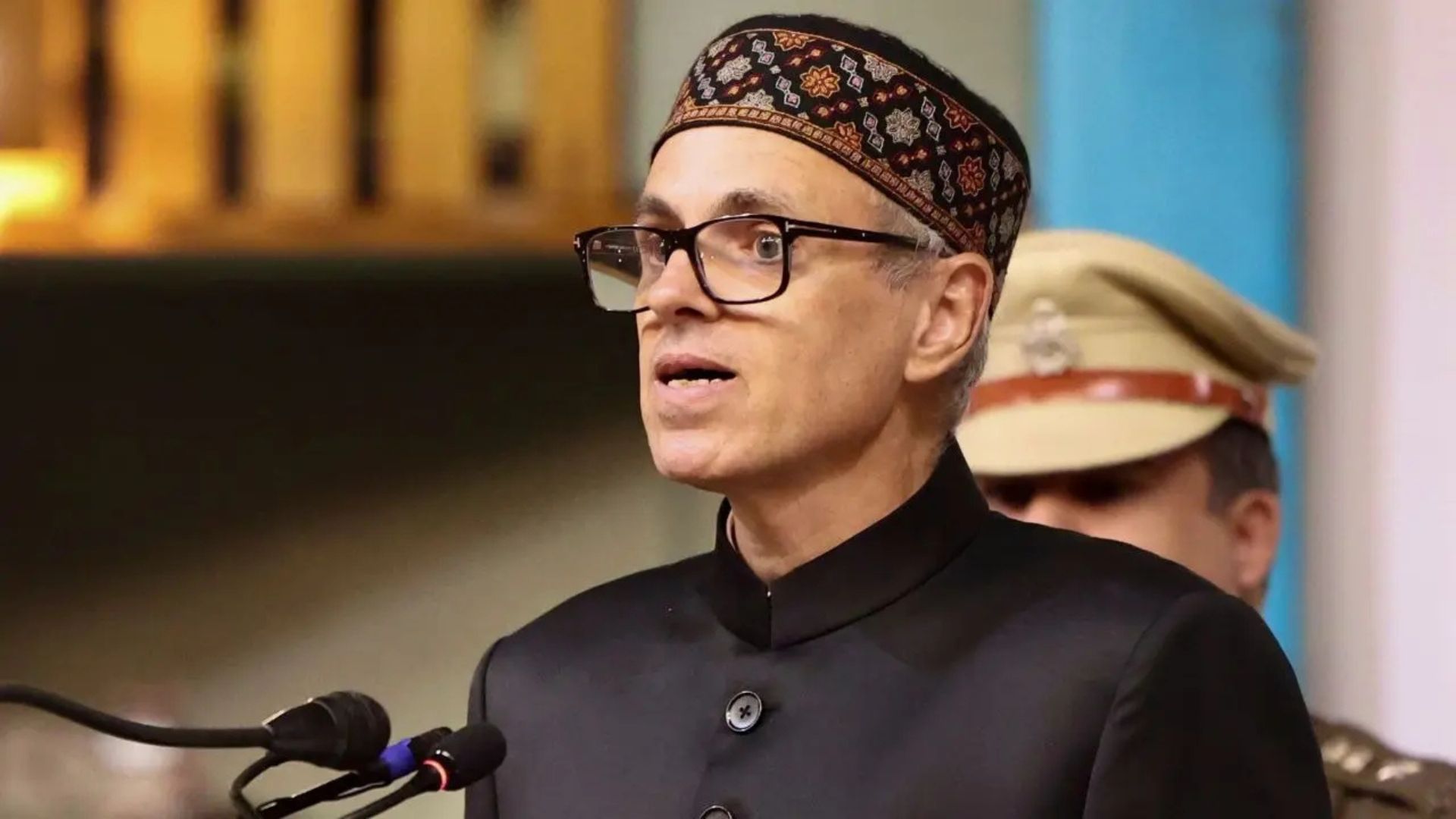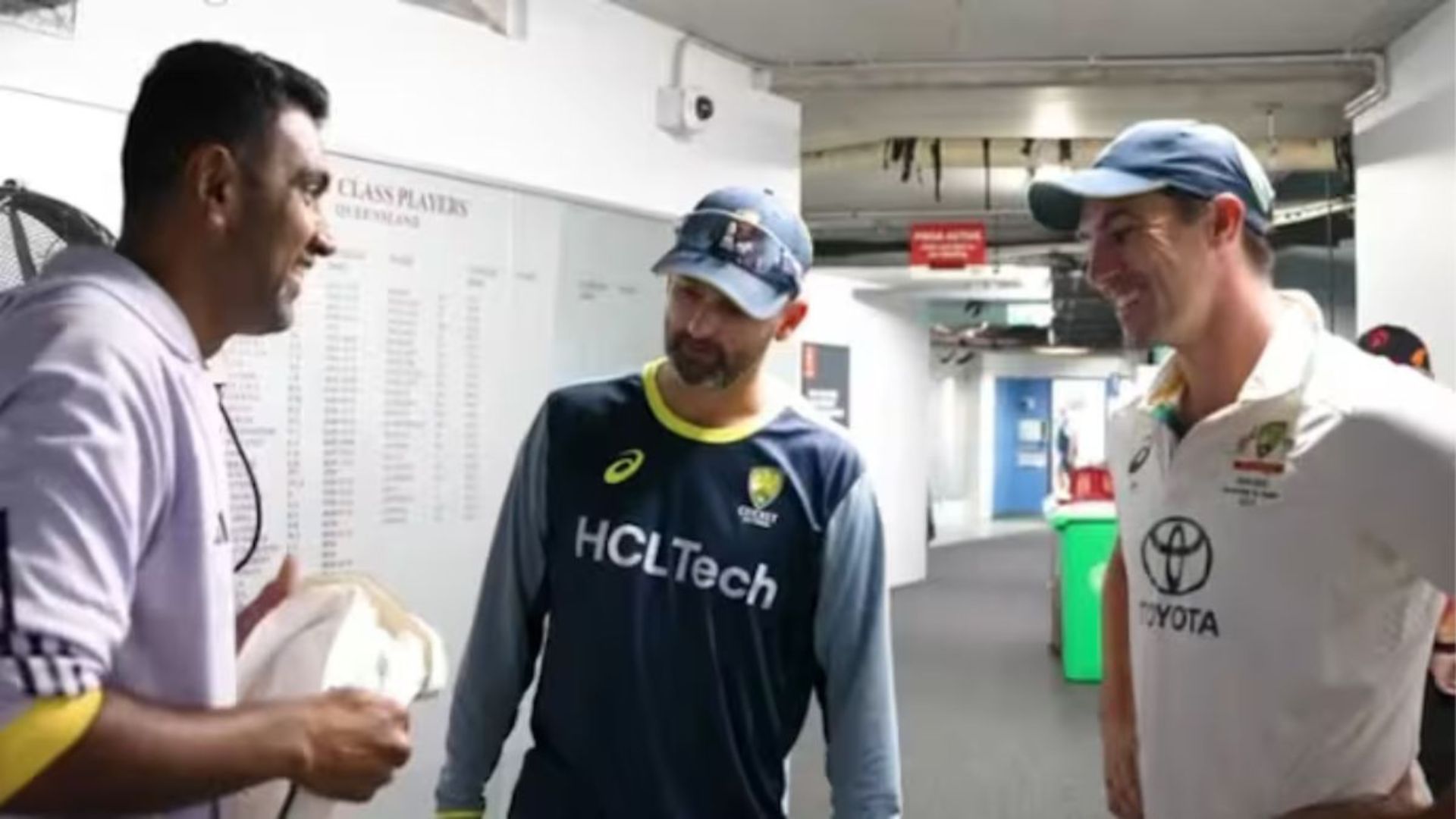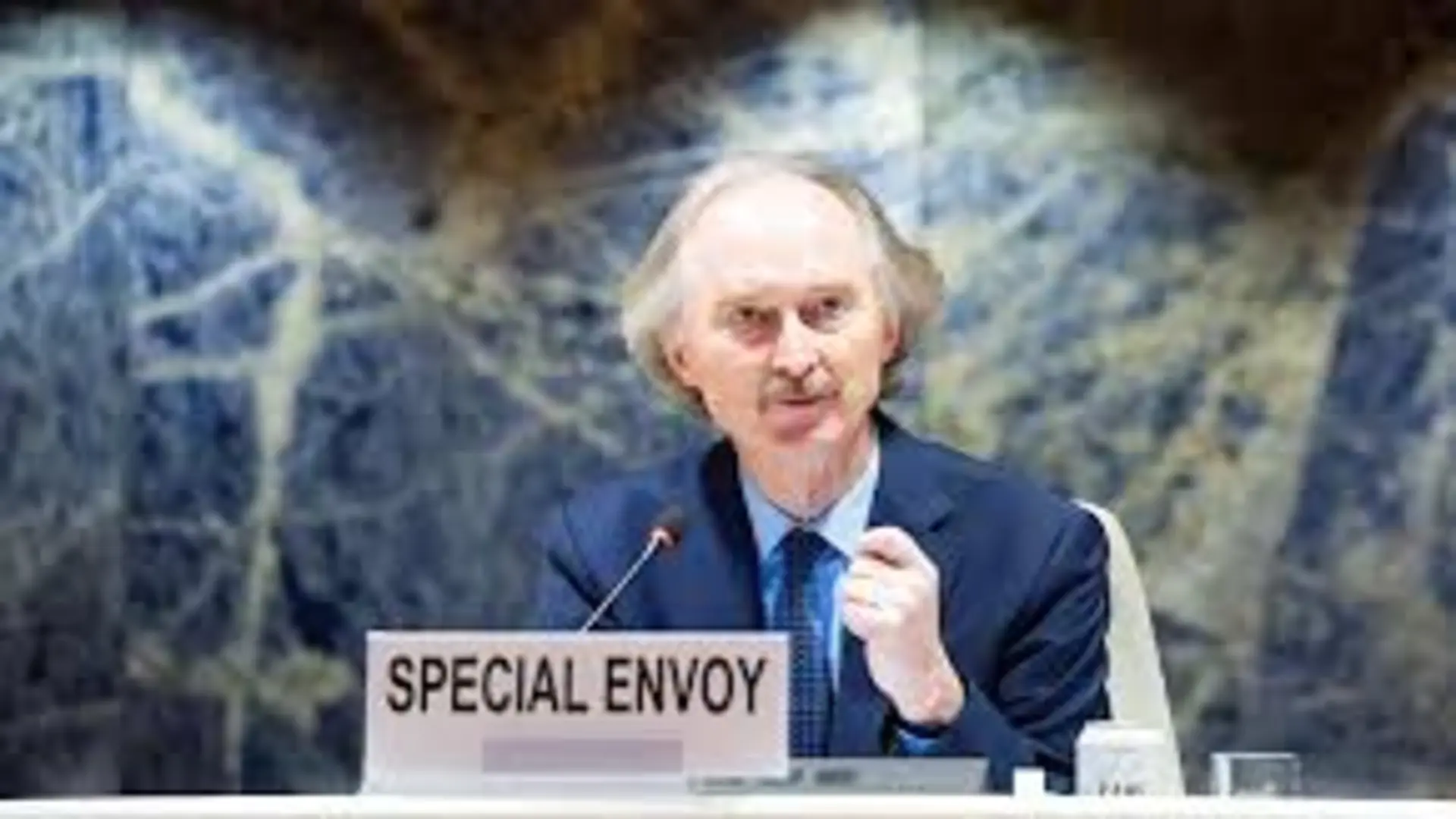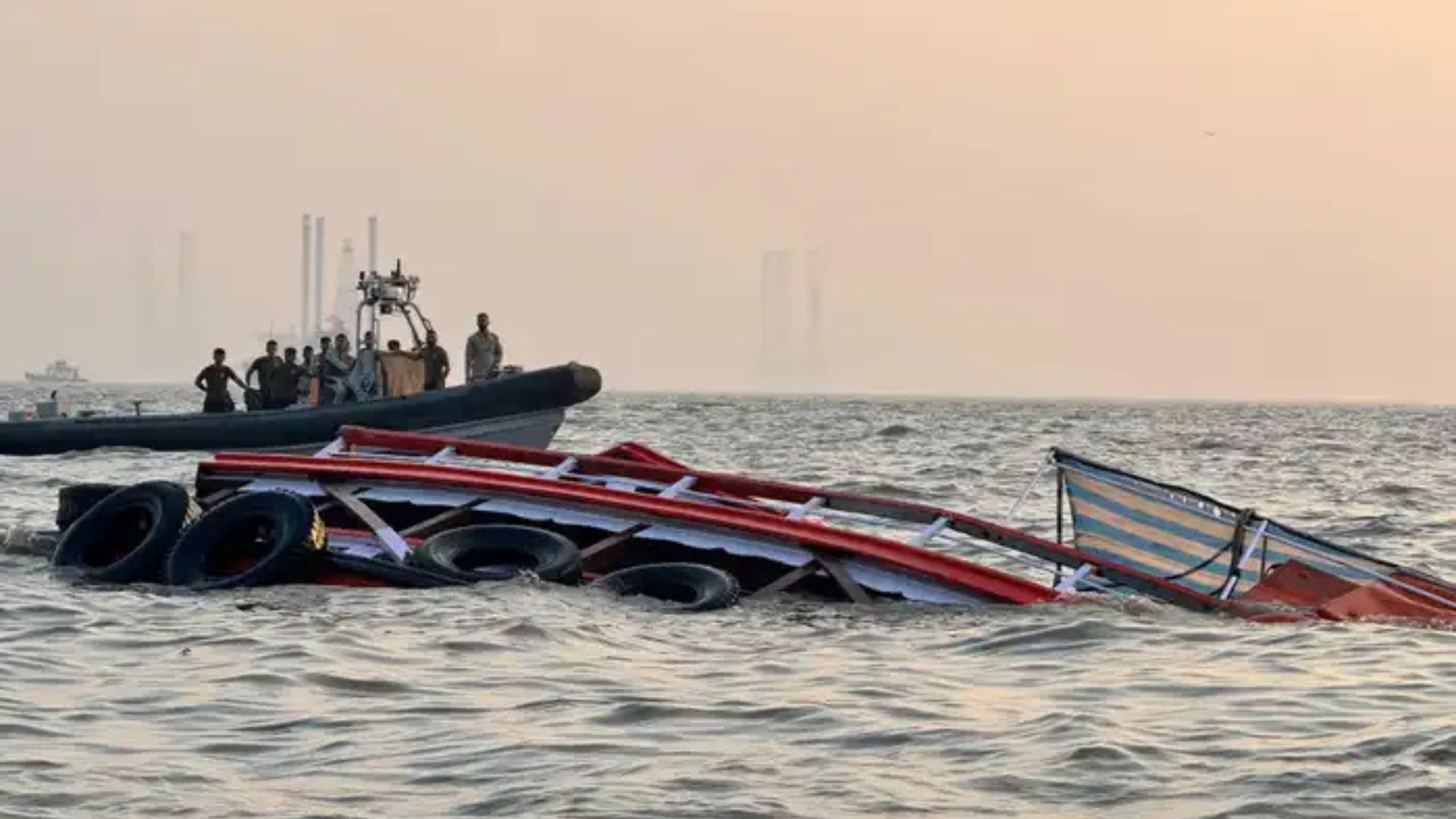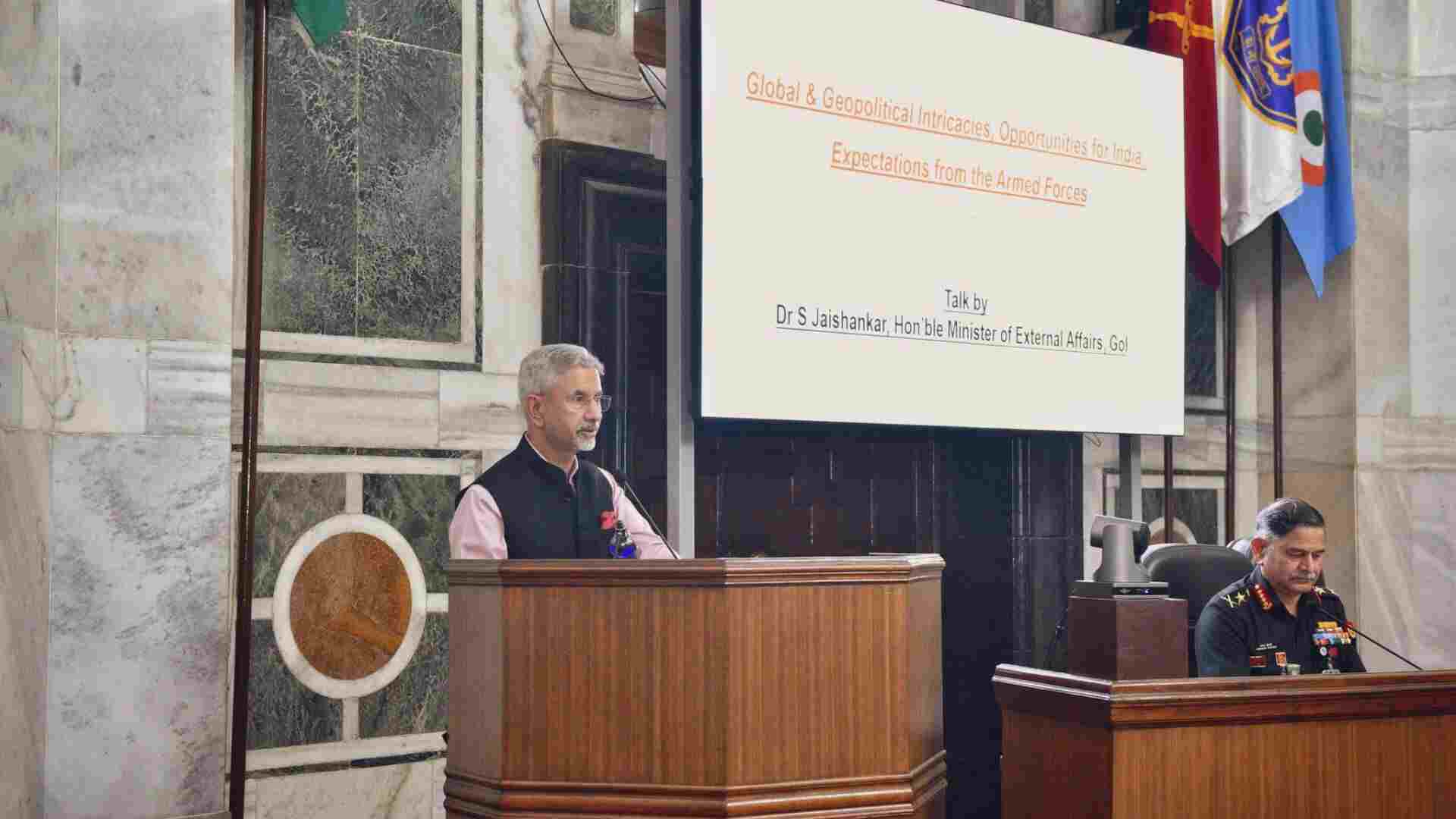
External Affairs Minister S. Jaishankar on Tuesday emphasized the complex global and geopolitical landscape affecting India. He underscored the nation’s expectations of its armed forces, stressing the need for readiness to address the contradictions and challenges within the existing world order.
External Affairs Minister S. Jaishankar addressed the Army Commanders’ Conference, focusing on the evolving geopolitical landscape and the opportunities it presents for the Indian Armed Forces. “Pleased to address the Army Commanders Conference in Delhi today. Discussed the intricacies of current geopolitics, as well as its challenges, possibilities, and opportunities. Urged that a more ‘whole of the Government’ approach is needed to effectively advance national security,” Jaishankar shared on X. This was the conference’s second phase, following the first held in Gangtok earlier this month – notably, the first time this high-level meeting occurred near the China border.
Jaishankar’s address came as Indian and Chinese troops are nearly finished with their disengagement from Depsang and Demchok in eastern Ladakh, where both countries are jointly verifying the pullback of troops and equipment to a specified, mutually agreed distance from the face-off sites. The minister commended the Indian Army’s vigilance, urging its leadership to stay prepared to respond to shifting geopolitical threats and opportunities. He also highlighted the role of technological advancements and lessons from current global conflicts in shaping India’s strategic approach.
Must Read: J-K: Army Ambushes, Neutralises Three Terrorists in Battal
The conference’s second phase, held on October 28-29, brought together the Indian Army’s senior leadership to discuss pressing strategic issues impacting border security and the hinterland, according to a defence ministry statement.
Chief of Defence Staff General Anil Chauhan, reviewing the security situation, underscored the importance of jointness and laid out a roadmap for greater integration across domains. This approach, he noted, is essential for future warfare and efficient operations. General Chauhan described a phased path toward integration, starting with cross-service cooperation, moving toward a ‘joint culture,’ and ultimately achieving full integration for joint operations.
Earlier this month, Army Chief General Upendra Dwivedi expressed the military’s readiness to present its theaterisation model to policymakers. “Today we have a great consensus among the three chiefs and the chief of defence staff, and we have been able to devise a complete structure…We are ready to present it to our decision makers…this is how we want to go about it. It requires jointness and integration,” he said.
Theaterisation, a long-anticipated reform, aims to optimize military resources for future warfare. The proposed model includes establishing the China-focused Northern Theatre Command in Lucknow, the Pakistan-focused Western Theatre Command in Jaipur, and the Maritime Theatre Command in Thiruvananthapuram.
Jointness was a key topic at the Joint Commanders’ Conference on September 5 in Lucknow, where Defence Minister Rajnath Singh strongly advocated for a unified vision, preparing for future conflicts, and delivering a synchronized, swift, and proportionate response to provocations.
Also Read: Operation ASAN: AI, Drones Boost Army Ops in J-K’s Akhnoor


